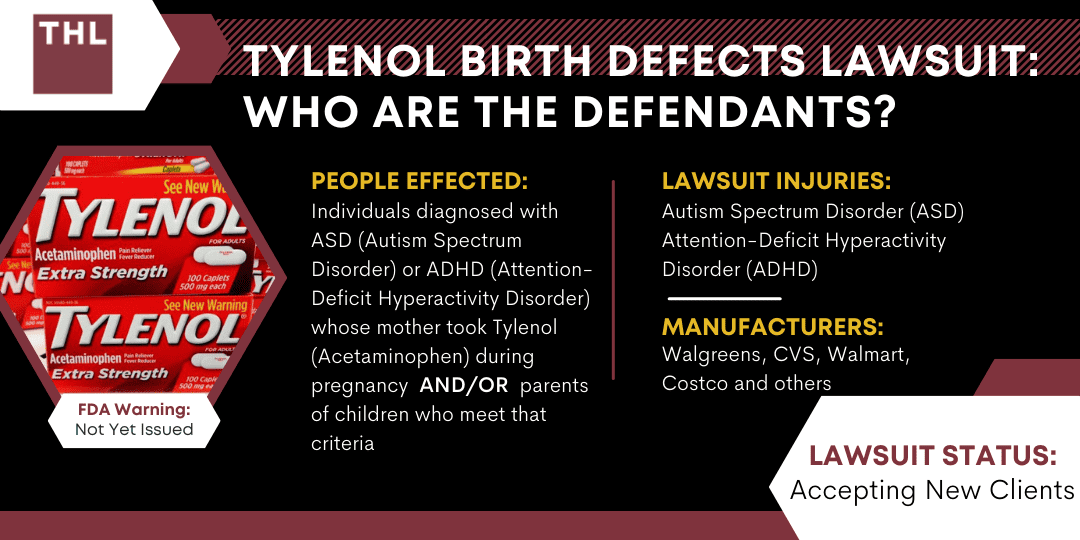Internal U.S. Food and Drug Administration (FDA) documents reveal the agency disregarded its own safety experts’ advice to warn pregnant women about Tylenol for nearly a decade. Recommendations were made between 2014 and 2025, yet the FDA delayed updating its guidance until September 2025, following public pressure from President Donald J. Trump and Department of Health and Human Services (HHS) Secretary Robert F. Kennedy Jr.
FDA scientists had reviewed studies linking Tylenol use during pregnancy to potential risks such as ADHD, neurological damage, and developmental issues. Despite this, FDA leadership repeatedly postponed action, citing insufficient evidence and calling for further research. A 2016 report by FDA Senior Medical Officer Andrew Mosholder recommended a nuanced warning for pregnant women, but the agency’s leadership delayed decisions, keeping its outdated 2015 statement unchanged for nearly a decade.
Documents obtained by Keller Postman LLC, a law firm involved in a class-action lawsuit against Tylenol manufacturer Kenvue, show internal FDA divisions supported warnings as early as 2016. However, officials including longtime Center for Drug Evaluation and Research (CDER) Director Janet Woodcock opted against immediate action. Woodcock has faced scrutiny for controversial decisions during her tenure, including delays in issuing warnings about other drugs and vaccines.
In November, the Court of Appeals for the Second Circuit will hear an appeal in the lawsuit against Kenvue. The case alleges Tylenol manufacturers failed to inform consumers of potential risks, while FDA officials maintain existing evidence does not meet causality thresholds. The agency’s 2023 review omitted recommendations entirely, intensifying debates over its handling of the issue.
A now-defunct X (formerly Twitter) account linked to Tylenol previously advised against using acetaminophen during pregnancy due to a potential autism link, further complicating public perception.



